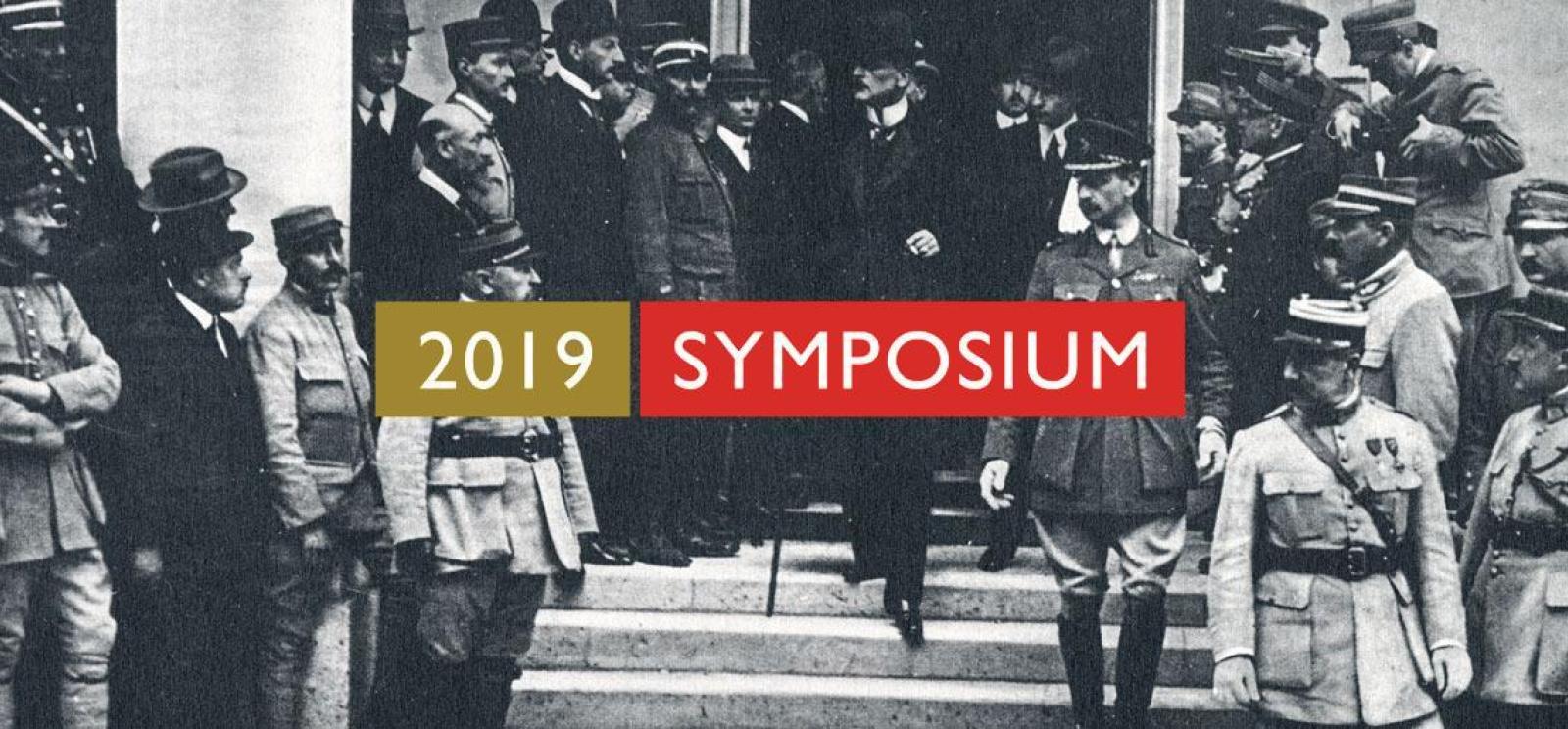1919 was a year of sweeping changes in a landscape dramatically altered by years of unrelenting warfare. Leaders advanced towards elusive peace amid political instability, economic uncertainty and social conflict. As terms of the Treaty of Versailles were negotiated, a world reordered faced decisions and realities that would leave a complex legacy.
Watch the presentations from 1919: Peace? on YouTube
or scroll down to see individual summaries and presentations.
Presenters
YIĞIT AKIN
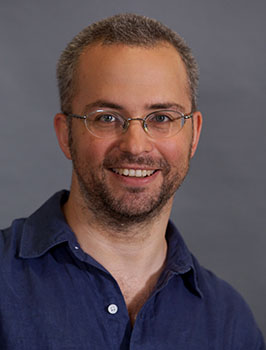
“The Ottomans’ ‘Wilsonian Moment’”
The end of the First World War plunged the Ottoman Empire into a painful period of instability and uncertainty. In November 1918, Allied warships crossed the Straits, reached the imperial capital, and established a de-facto occupation regime. The arrival of the Allied troops, the collapse of the ruthless wartime regime, and the global spread of the Wilsonian promise of national self-determination politically energized the Ottoman minorities. Each ethno-religious community of the empire ambitiously took on aspirations of self-determination including the Ottoman Turks who pinned their hopes of preserving the empire’s territorial integrity on Wilsonian principles. This presentation explores the Ottomans’ “Wilsonian Moment” and its dramatic impact on the ethnicization of the Ottoman public sphere.
Biography
Yiğit Akin is Associate Professor of History at Tulane University where he specializes in the social and cultural history of the late Ottoman Empire and Republican Turkey. His book, When the War Came Home: The Ottomans' Great War and the Devastation of an Empire examines the Ottoman society’s catastrophic experience of the First World War and analyzes the impact of the war on the empire’s civilian population and was named a 2018 Choice Award for Outstanding Academic Title. He is the co-editor the Ottoman Empire/Middle East section of 1914-1918-online: International Encyclopedia of the First World War and is currently working on a monograph about the Ottoman Empire’s post-war years.
NANCY BRISTOW
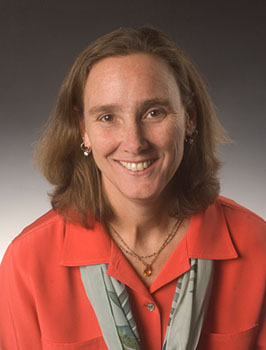
“Forgetting Catastrophe: Influenza and the War in 1919”
Over the last months of 1918 and the first months of 1919 Americans suffered through the worst pandemic in their history as Influenza struck. When the disease had finally receded, 675,000 Americans had died, more than ten times the number lost in World War I, yet the pandemic became little more than a footnote in public accounts of the era. In this presentation, discover how, overshadowed during the war and soon conflated with it in the aftermath, the influenza pandemic fell victim to Americans’ powerful preference for narratives of optimism and triumph, a storyline ill-suited to the catastrophe of influenza’s assault.
Biography
Nancy Bristow is a Distinguished Professor of History at the University of Puget Sound, where she specializes in twentieth-century American history, with an emphasis on race, gender and social change and serves on the Leadership Team of the Race and Pedagogy Institute. She is the author of 1996’s Making Men Moral: Social Engineering and the Great War and 2012’s American Pandemic: The Lost Worlds of the 1918 Influenza Epidemic. Her most recent research will be published as Steeped in the Blood of Racism: Black Power, Law and Order, and the 1970 Shootings at Jackson State College in May 2020 by Oxford University Press.
JOHN T. KUEHN
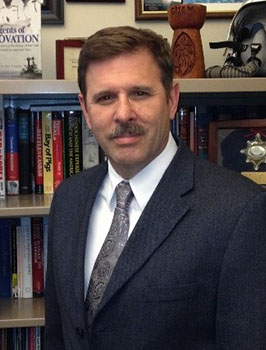
“From the Barents to the Black Sea: U.S. Naval Activities in Post-Great War Europe, 1918-1921”
This lecture discusses the broad range of U.S. Navy operations in the confused period after World War I that stretched from Murmansk in the far north of Russia, through the eastern Atlantic and Mediterranean to the Black Sea. The vast scope of these operations shows how, despite the talks in Versailles, the “peace” at sea did not come easily or as completely as America’s leaders had hoped.
Biography
John T. Kuehn is Professor of Military History at the U.S. Army Command and General Staff College (CGSC). He retired from the U.S. Navy in 2004 at the rank of commander after 23 years, serving as a naval flight officer flying land and carrier-based aircraft. He authored Agents of Innovation, A Military History of Japan: From the Age of the Samurai to the 21st Century, Napoleonic Warfare: The Operational Art of the Great Campaigns, America’s First General Staff: A Short History of the Rise and Fall of the General Board of the Navy, 1900-1950 and co-authored Eyewitness Pacific Theater and was awarded a Moncado Prize from the Society for Military History in 2011.
JÖRN LEONHARD
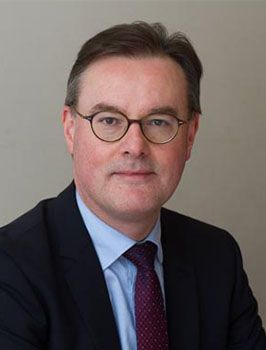
“Overburdened Peace: German Experiences and Global Perspectives in 1918/19”
The First World War was an industrialized mass war. The longer it lasted, the more it changed the societies that waged it, and the faster it devaluated the knowledge of politicians. This lecture looks at the complex process how states and societies, in particular Germany, experienced the critical transition from war to peace from 1918-19, and what this process meant for the further course of the twentieth century. The high expectations, contradictory promises, overwhelming and pressing challenges and the various strategies of greater and smaller powers all played a part in the overburdened peace that came out of the Paris Peace Conference in 1919.
Biography
Jörn Leonhard is Full Professor in Modern European History at the History Seminar of Freiburg University. After his Doctorate and Habilitation at the University of Heidelberg, he taught as Fellow and Tutor in Modern History at Oxford University and Reader in West European History at Jena University before coming to Freiburg in 2006, where he was one of the Founding Directors of the School of History of the Freiburg Institute for Advanced Studies. From 2012-13 he was Visiting Fellow at the Minda de Gunzburg Center for European Studies at Harvard University, where he completed his book, Pandora’s Box: A History of the First World War.
MARGARET MACMILLAN
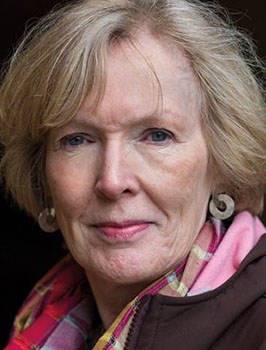
“Judging the Paris Peace Conference a Century Later”
The peace settlements made at the end of the First World War are often blamed for creating the conditions which sent nations such as Germany and Japan down the road towards dictatorship and led Europe and the world towards the Second World War. The lecture will ask whether the accepted view, that what happened in Paris in 1919 doomed the world to another war is a fair one. It will examine the difficulties of making peace at the end of great wars and the particular challenges before the leaders who met in Paris in 1919. It will look at controversies such as the one over the German peace but also point to achievements such as the League of Nations. Finally, the lecture will also suggest ways we might learn from the past as we face a turbulent and uncertain present.
Biography
Margaret MacMillan is an emeritus professor of International History at Oxford and a professor of History at the University of Toronto, as well as a trustee of the Central European University and the Imperial War Museum. Her research specializes in British imperial history and the international history of the 19th and 20th centuries. Publications include Paris 1919: Six Months that Changed the World, Nixon in China: The Week that Changed the World and The War that Ended Peace: The Road to 1914. She gave the BBC’s 2018 Reith Lectures on War and Humanity.
EREZ MANELA
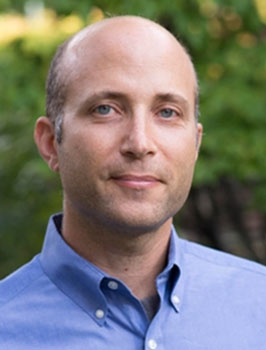
“Holding the Center: The Domestic Origins of Wilsonianism”
The ideas and convictions that Woodrow Wilson brought with him to the peace negotiations in Paris played a central role in shaping the peace settlement and they continue to shape our world today. But how were those ideas and convictions themselves shaped? In this lecture, Manela argues that they emerged from Wilson’s experience in US domestic politics and especially from his analysis of the dangers posed to stability and democracy by the technological, economic and social transformations of the age.
Biography
Erez Manela is a Professor of History at Harvard University, where he teaches international history and the history of the United States in the world. He also serves as Director of Graduate Programs at Harvard's Weatherhead Center for International Affairs and as co-chair of the Harvard International and Global History Seminar. He is co-editor of the Global and International History series for Cambridge University Press, the volume Empires at War, 1911-1923 with Robert Gerwarth which reframes the history of the Great War as a global war of empires and The Wilsonian Moment: Self-Determination and the International Origins of Anticolonial Nationalism.
JAMES CARL NELSON
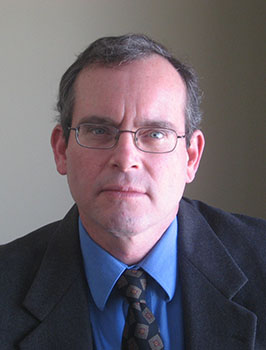
“The Polar Bear Expedition”
On November 11, 1918, even as the Armistice was being signed in a railway car in the Compiegne Forest in France, the soldiers of Company B of the 339th U.S. Infantry Regiment were fighting in northern Russia as hordes of Bolshevik fighters swarmed over its position at Toulgas on the Dvina River. This lecture explores why this American regiment was put in harm’s way in the wilderness of Russia at the seeming close of the Great War and describes how its men battled on through the winter and spring of 1918 through 1919 before barely escaping in a military intervention, known as the Polar Bear Expedition.
Biography
James Carl Nelson is the author of four books about the American experience in World War I, The Remains of Company D, Five Lieutenants, I Will Hold, the winner of the Colonel Joseph Alexander award for biography from the Marine Corps Heritage Foundation, and The Polar Bear Expedition: The Heroes of America’s Forgotten Invasion of Russia, 1918-1919. A 1983 graduate in journalism from the University of Minnesota, Nelson worked as a staff writer for The Miami Herald and has covered some of the last three decade’s major stories. He is an active member of the Western Front Association and currently lives in Eden Prairie, Minnesota, where he’s working on his fifth work of WWI nonfiction.
TAMMY M. PROCTOR
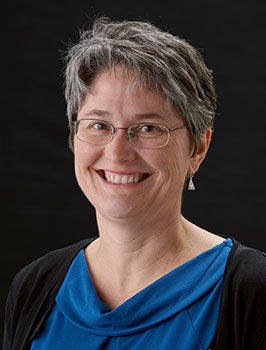
“The Myth of Isolation: American Intervention in Postwar Europe, 1919-1924”
Most Americans think about the end of World War I in relationship to the Senate’s decision to reject the Treaty of Versailles and membership in the League of Nations. Isolationism, then, is an important part of the public perception of the United States’ role in postwar Europe. This presentation challenges that idea by describing the postwar relief programs that Americans sponsored in Europe after the Armistice into the 1920s. Using public funds and private charitable monies, Americans led efforts to provide important resources to more than a dozen states between 1919 and 1924. This outpouring of U.S. relief and development created a cadre of American aid experts, who shaped the organizations for development and humanitarianism that dominate the world today.
Biography
Tammy M. Proctor is Department Head and Distinguished Professor of History at the Utah State University where she teaches modern European and world history. A native of Kansas City, Missouri, Proctor holds degrees in journalism and history from the University of Missouri and a PhD in history from Rutgers University. Proctor’s recent publications include 2017’s An English Governess in the Great War: The Secret Diary of Mary Thorp with Sophie de Schaepdrijver, 2017’s Gender and the Great War with Susan Grayzel and 2017’s World War I: A Short History. She is presently working on a study of American humanitarian aid in Europe from 1914-1924.
CHAD WILLIAMS
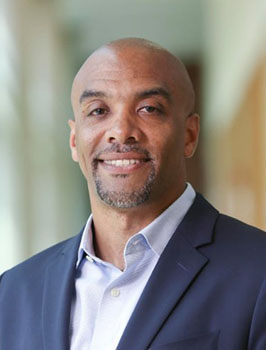
“African American Soldiers and the Rise of the New Negro”
World War I was a defining moment for African Americans. Some 380,000 black soldiers fought for democracy in the United States army, even while enduring systemic racial discrimination and abuse. When the war came to an end, embittered and emboldened by their experiences, many continued the fight for democracy at home. 1919 marked the emergence of the “New Negro,” a powerful symbol of racial militancy personified by African American veterans. This presentation will discuss how Black veterans were the vanguards of the “New Negro” movement, and, through their activism, helped lay the foundation of the modern black freedom struggle.
Biography
Chad Williams is the Samuel J. and Augusta Spector Professor of History and African and African American Studies at Brandeis University. He specializes in African American and modern United States History, World War I and African American intellectual history. He is author of Torchbearers of Democracy: African American Soldiers in the World War I Era, which received the 2011 Liberty Legacy Foundation Award from the Organization of American Historians and the 2011 Distinguished Book Award from the Society for Military History. He is currently completing a book on W.E.B. Du Bois and World War I.
NATHAN WOOD
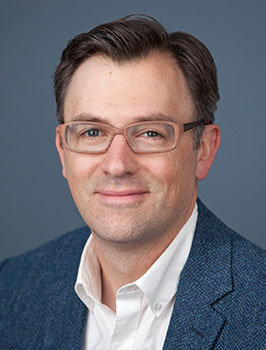
“Between Revolution and Nationalism: Eastern Europe after the War”
After the Bolshevik Revolution of 1917, there was a period of relative calm on the Eastern Front, as the Bolsheviks tried to withdraw Russia from the war. Negotiations associated with the Treaty of Brest-Litovsk in early 1918 sought to provide Ukrainian grain to civilians of the Central Powers starving due to the Allied Blockade. But instead of the “peace and bread” the Bolsheviks had promised, civil warfare, border instability, nationalist violence, disease and hunger tore through the lands of East Central Europe displacing and killing millions. This presentation will argue as warfare continued until 1921, citizens and leaders alike sought to come to terms with the two major political visions to emerge from the war: Bolshevik-style revolution and the nation-state.
Biography
Nathaniel Wood is Associate Professor at the University of Kansas where he teaches and researches 19th and 20th century Eastern Europe. His publications include a co-edited cluster, 2019’s “Modernity Derailed? The Urban Experience in Three Polish Cities during the Great War” and 2010’s Becoming Metropolitan: Urban Selfhood and the Making of Modern Cracow. His current book project investigates the attitudes of early adapters, enthusiasts, journalists, the public, artists and the nationalizing state in Poland toward bicycles, automobiles and airplanes from their introduction until WWII. He is also working on a co-edited WWI sourcebook, which will include more materials from the Eastern Front.
2019 Event Information:
WHO SHOULD ATTEND?
All who have a general to professional interest in the periods prior to, during and after World War I. We especially recommend this symposium to educators, historians and members of organizations that study these periods.
SYMPOSIUM FEE
The registration for the symposium is:
$195 early bird pricing (Deadline: Sept. 27, 2019 Extended to Oct. 6, 2019)
$245 per person (After Oct. 6, 2019)
REFUND POLICY
The Museum and Memorial will honor a 50-percent refund on registration fees until Oct. 6. After Oct. 6, no refunds will be granted. Attendees may contact Mark Gunter at 816.888.8103 to request a refund.
SCHEDULE
THURSDAY, OCTOBER 31
10 a.m.- 5 p.m. Museum and Memorial Open
3-5 p.m. Check-in at Museum and Memorial Guest Services
FRIDAY, NOVEMBER 1
10 a.m.- 5 p.m. Museum and Memorial Open
7:30- 8 a.m. Shuttle service from the Marriott Hotel to the Museum and Memorial
8-8:30 a.m. Check-in for attendees at the Museum and Memorial
8:30-8:45 a.m. Welcome
8:45-9:45 a.m. Session 1 — John T. Kuehn
9:45-10 a.m. Break
10-11 a.m. Session 2 — Tammy M. Proctor
11 a.m.- Noon Session 3 — James Carl Nelson
Noon-1:30 p.m. Lunch at the Museum and Memorial
12:45-1:15 p.m. Book signing
1:30-2:30 p.m. Session 4 — Yiğit Akin
2:30-3:30 p.m. Session 5 — Nancy Bristow
3:30-3:45 p.m. Break
3:45-4:45 p.m. Session 6 — Nathan Wood
5-5:30 p.m. Shuttle Service from the Museum and Memorial to the Marriott Hotel
5:30-6:30 p.m. Cocktail Hour on the Paul Sunderland Bridge
6:30-7:30 p.m. Dinner
7:30-9 p.m. Keynote Presentation — Margaret Macmillan
8:30-9:30 p.m. Shuttle Service from the Museum and Memorial to the Marriott Hotel follows Keynote
SATURDAY, NOVEMBER 2
10 a.m.- 5 p.m. Museum and Memorial Open
7:30-8 a.m. Shuttle service from the Marriott Hotel to the Museum and Memorial
8:30-9:30 a.m. Session 8 — Chad Williams
9:30-9:45 a.m. Break
9:45-10:45 a.m. Session 9 — Jörn Leonhard
10:45-11:45 a.m. Session 10 — Erez Manela
11:45 a.m.- Noon Closing Remarks
Noon - 1 p.m. Lunch at the Museum and Memorial
12:30-1:30 p.m. Shuttle service from the Museum and Memorial to the Marriott
HOTEL INFORMATION
A discounted block of rooms is set aside at the Kansas City Marriott Country Club Plaza. Please use this link to book your room at the special rate of $155 per night (pre-tax) or contact the hotel for further information. To receive the special rate, reservations must be completed by Oct. 11, 2019.
CURIOUS ABOUT THE MUSEUM AND MEMORIAL'S SYMPOSIUMS?
Watch videos of the presentations from past symposiums, 1918: Crucible of War, 1917: America Joins the Fight, 1916: Total War, 1915: Empires at War, Churchill's Gallipolli and an America Divided and 1914: Global War and American Neutrality on YouTube.
